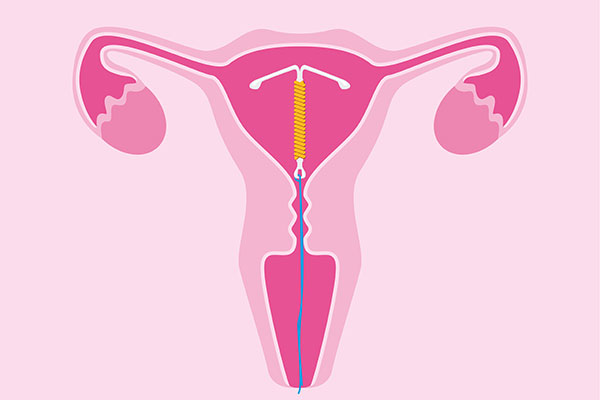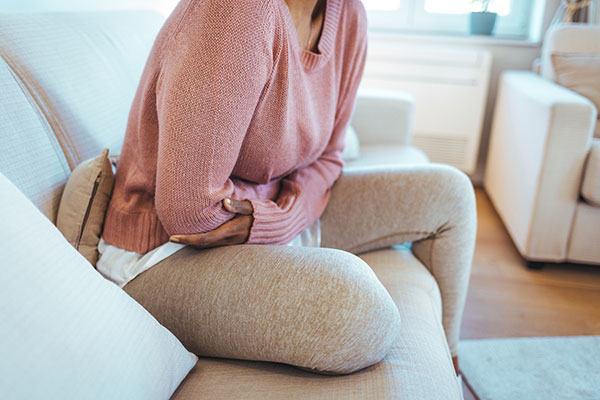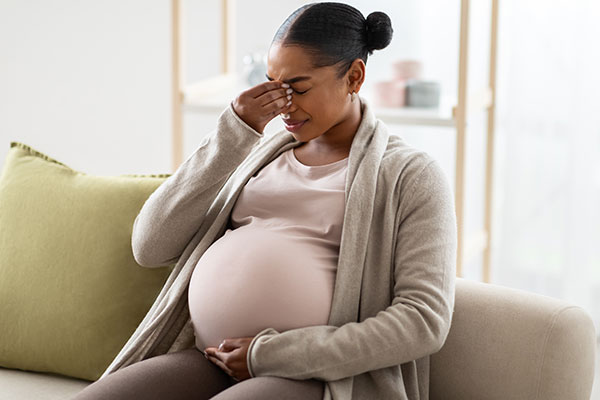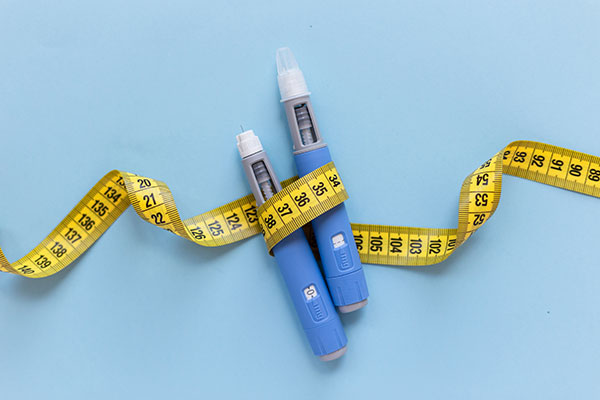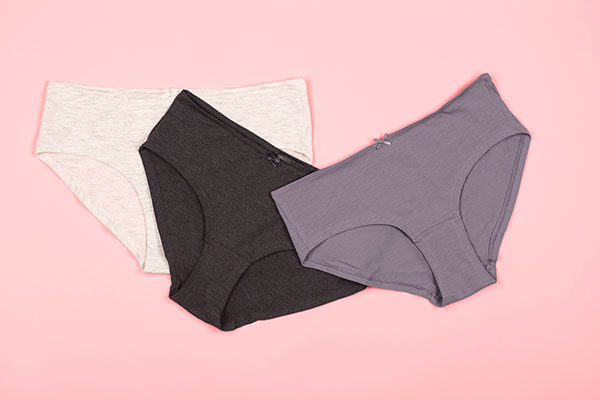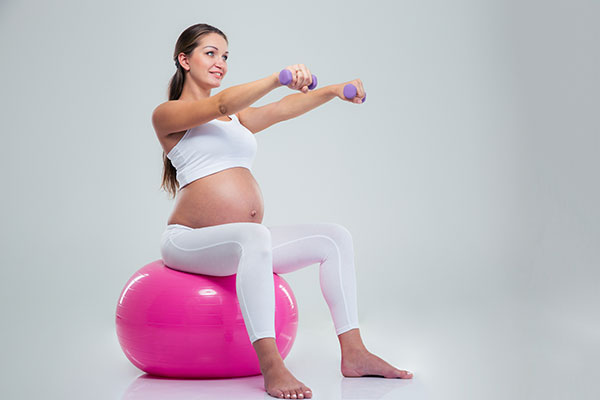Breastfeeding twins presents unique challenges, but with the right strategies and support, many mothers find it to be a rewarding experience. At North Pointe OB/GYN in Cumming, GA, we understand the complexities involved and are here to offer guidance.
The Hidden Connection: How Eating Disorders Impact Menstrual Health
When it comes to women’s health, nutrition and reproductive wellness are closely intertwined. At North Pointe OB/GYN in Cumming, we regularly educate patients about the impact of diet and lifestyle on menstrual cycles.
Carrier Screening: Understanding Your Baby’s Genetic Health Before Birth
Every expecting parent wants a healthy pregnancy and a bright future for their baby. While most pregnancies progress smoothly, some genetic conditions may be passed down unknowingly. Carrier screening is a valuable tool that helps parents understand their baby’s genetic risks before birth, providing peace of mind and preparation for the future.
The Pros and Cons of an IUD for Birth Control: Is It Right for You?
Choosing the right birth control method is a highly personal decision, and for many women, an intrauterine device (IUD) offers a convenient and highly effective option. At North Pointe OB/GYN in Cumming, we help patients navigate their birth control choices, ensuring they find the method that best suits their lifestyle and reproductive health goals.
Period Cramps: What’s Really Happening and When to Seek Help
Menstrual cramps are a common experience for many women, but if you’ve ever wondered why they happen or why some months seem worse than others, you’re not alone. At North Pointe OB/GYN in Cumming, we’re here to help you better understand your body and manage uncomfortable period symptoms.
Pregnancy Headaches: Causes, Relief, and When to Call Your OB/GYN
Pregnancy is a time of joy and anticipation, but it also comes with its share of physical changes—some of which may bring unexpected discomfort. For many women, headaches become a common occurrence during pregnancy. While most are harmless, they can still be frustrating and sometimes signal the need for medical attention.
Do These 5 Things Before Getting Pregnant in 2025
Planning for a baby is an exciting journey, and preparing your body and mind beforehand can make all the difference in ensuring a healthy pregnancy and a happy start to parenthood. At North Pointe OB/GYN in Cumming, we’re here to support you every step of the way. As you look ahead to 2025, consider these five essential steps before getting pregnant to optimize your health…
Understanding the Impact of Weight Loss Injections on Your Menstrual Cycle
In recent years, medications like Ozempic (semaglutide) have gained popularity for their effectiveness in promoting weight loss. While these treatments offer significant benefits in terms of your figure, it’s essential to understand how they might affect various aspects of health, including the menstrual cycle.
Are Your Undergarments Contributing to Your UTIs?
Urinary Tract Infections (UTIs) are a common concern, especially among women. While factors like hygiene and hydration are well-known contributors, the role of undergarments in UTI development is often overlooked.
The Latest Research on Pregnancy and Exercise
Maintaining physical activity during pregnancy has long been recognized for its benefits to both mother and baby. Recent studies continue to shed light on the positive impacts of exercise during this critical period.




